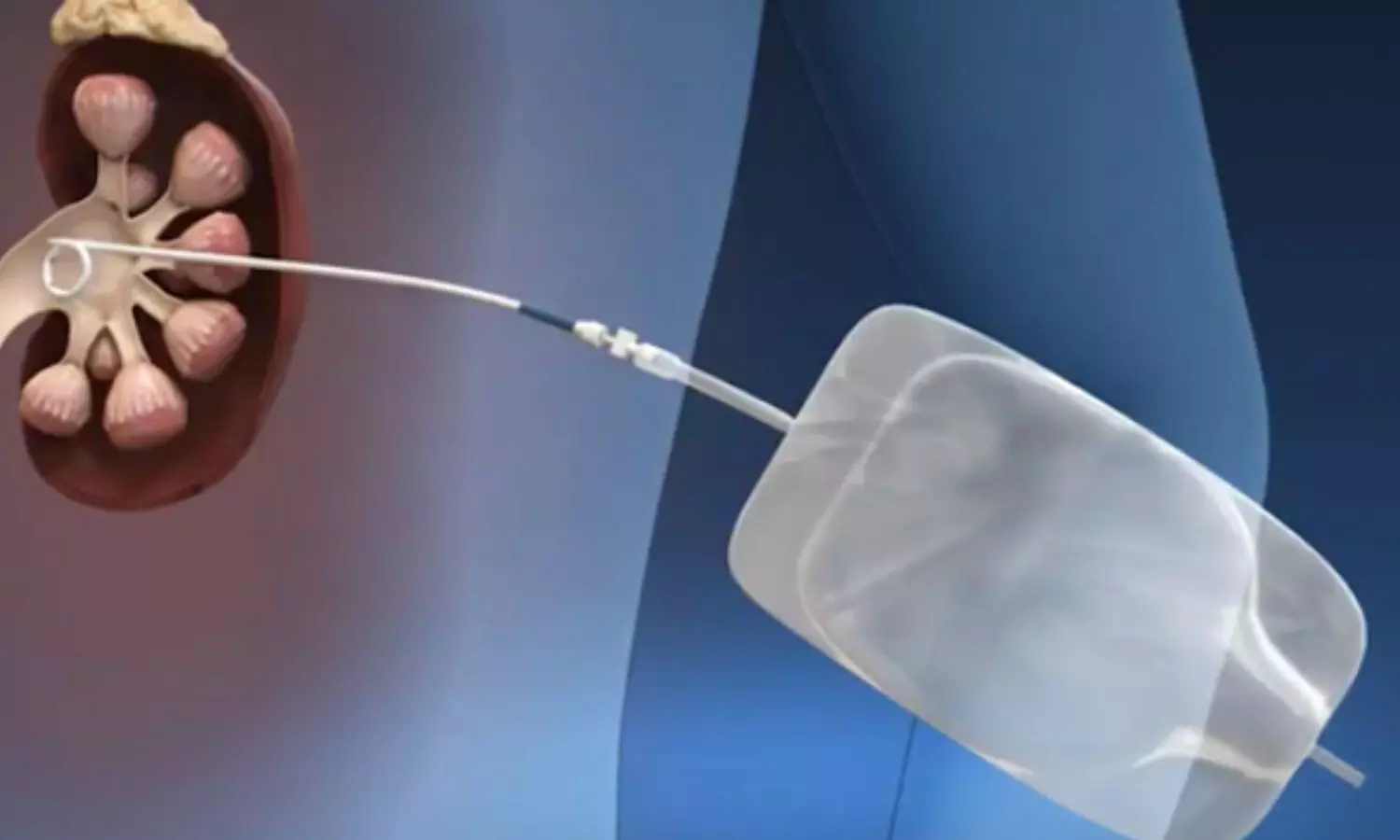- Home
- Medical news & Guidelines
- Anesthesiology
- Cardiology and CTVS
- Critical Care
- Dentistry
- Dermatology
- Diabetes and Endocrinology
- ENT
- Gastroenterology
- Medicine
- Nephrology
- Neurology
- Obstretics-Gynaecology
- Oncology
- Ophthalmology
- Orthopaedics
- Pediatrics-Neonatology
- Psychiatry
- Pulmonology
- Radiology
- Surgery
- Urology
- Laboratory Medicine
- Diet
- Nursing
- Paramedical
- Physiotherapy
- Health news
- AYUSH
- State News
- Andaman and Nicobar Islands
- Andhra Pradesh
- Arunachal Pradesh
- Assam
- Bihar
- Chandigarh
- Chattisgarh
- Dadra and Nagar Haveli
- Daman and Diu
- Delhi
- Goa
- Gujarat
- Haryana
- Himachal Pradesh
- Jammu & Kashmir
- Jharkhand
- Karnataka
- Kerala
- Ladakh
- Lakshadweep
- Madhya Pradesh
- Maharashtra
- Manipur
- Meghalaya
- Mizoram
- Nagaland
- Odisha
- Puducherry
- Punjab
- Rajasthan
- Sikkim
- Tamil Nadu
- Telangana
- Tripura
- Uttar Pradesh
- Uttrakhand
- West Bengal
- Medical Education
- Industry
Is it Safe to Continue Aspirin in Percutaneous Nephrolithotomy?

In a groundbreaking study, researchers have delved into the peri-operative outcomes of patients on chronic aspirin therapy undergoing percutaneous nephrolithotomy (PCNL), challenging conventional wisdom regarding the discontinuation of aspirin in these cases. The research found that using aspirin during the perioperative period does not increase bleeding complications in PCNL patients.
The study results were published in the journal Urology.
Anti-coagulation and anti-platelet therapy are typically avoided during PCNL to mitigate bleeding risks. Due to the potential cardiovascular risks associated with peri-procedural aspirin withdrawal, researchers aimed to carry out a study to investigate whether continuing aspirin therapy posed any risk for PCNL.
Conducted through a retrospective review of patients between January 2014 and May 2019, the study enrolled 325 patients on chronic aspirin therapy undergoing PCNL. These patients were stratified based on whether they continued or discontinued aspirin for more than 5 days preoperatively. Logistic regression models were used to assess Hematologic complications, transfusions, and thrombotic complications.
The findings:
- Among the participants, 85 chose to continue aspirin, while 240 opted for discontinuation.
- Contrary to expectations, no significant differences were observed in key parameters such as hemoglobin change, estimated blood loss, transfusions, creatinine change, thrombotic complications, and other relevant outcomes.
- While patients who continued aspirin did experience a slightly longer length of stay (1.6 vs. 1.9 days, P = .03), this was not accompanied by an increase in postoperative complications, challenging the existing guidelines that advocate for discontinuation due to bleeding concerns.
- Factors associated with the decision to continue aspirin included an American Society of Anesthesiologists (ASA) score of 3 or 4, a Black race, and a history of smoking.
- On the other hand, a body mass index (BMI) ≥30 was linked to aspirin discontinuation.
- One of the noteworthy revelations from the study was the increased risk of postoperative hematologic complications in patients on additional anticoagulation medication, emphasizing the importance of carefully evaluating the overall anticoagulation strategy in these surgical scenarios.
In conclusion, the study challenges traditional protocols by demonstrating that the continuation of aspirin in patients undergoing PCNL does not increase the risk of postoperative complications. This finding carries substantial implications for clinical practice, suggesting that the potential cardiovascular risks associated with aspirin withdrawal should be carefully weighed against bleeding risks in the context of PCNL.
As the medical community grapples with evolving paradigms in peri-operative care, this study prompts a reevaluation of the current guidelines and opens the door to a more nuanced approach to managing chronic aspirin therapy during PCNL, potentially improving outcomes for patients with kidney stones and cardiovascular comorbidities.
Further reading: Agrawal-Patel S, Brar H, Elia M, et al. Is it Safe to Continue Aspirin in Patients Undergoing Percutaneous Nephrolithotomy? Urology. 2024;183:32-38. doi:10.1016/j.urology.2023.09.022
BDS, MDS
Dr.Niharika Harsha B (BDS,MDS) completed her BDS from Govt Dental College, Hyderabad and MDS from Dr.NTR University of health sciences(Now Kaloji Rao University). She has 4 years of private dental practice and worked for 2 years as Consultant Oral Radiologist at a Dental Imaging Centre in Hyderabad. She worked as Research Assistant and scientific writer in the development of Oral Anti cancer screening device with her seniors. She has a deep intriguing wish in writing highly engaging, captivating and informative medical content for a wider audience. She can be contacted at editorial@medicaldialogues.in.




